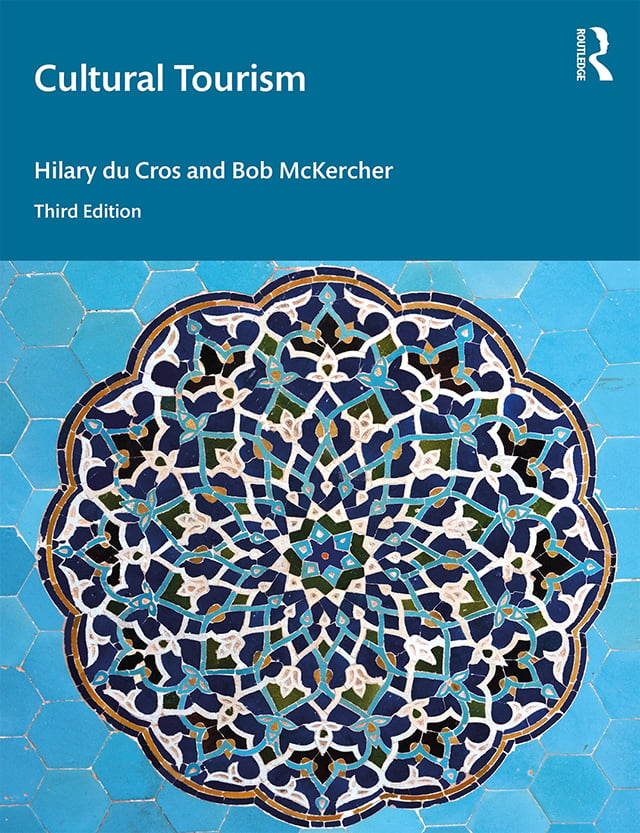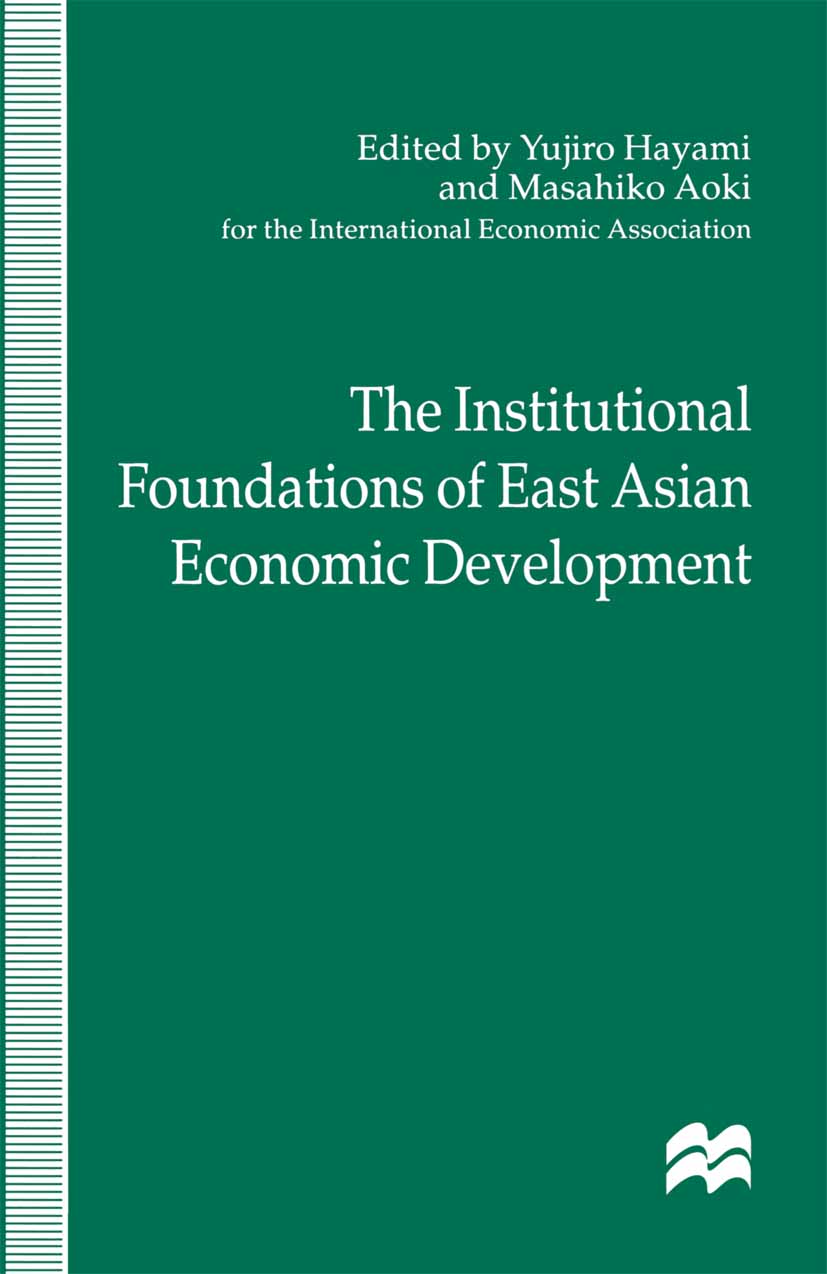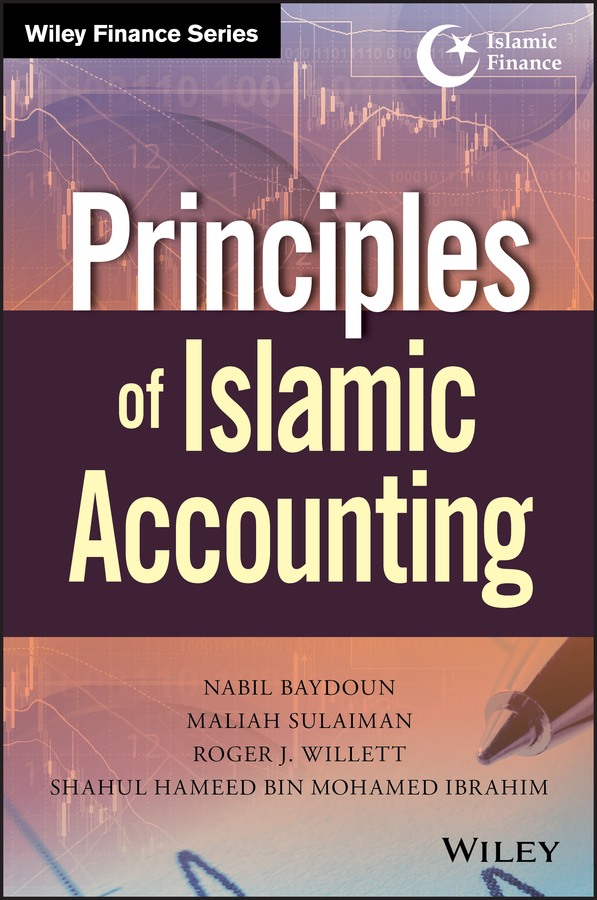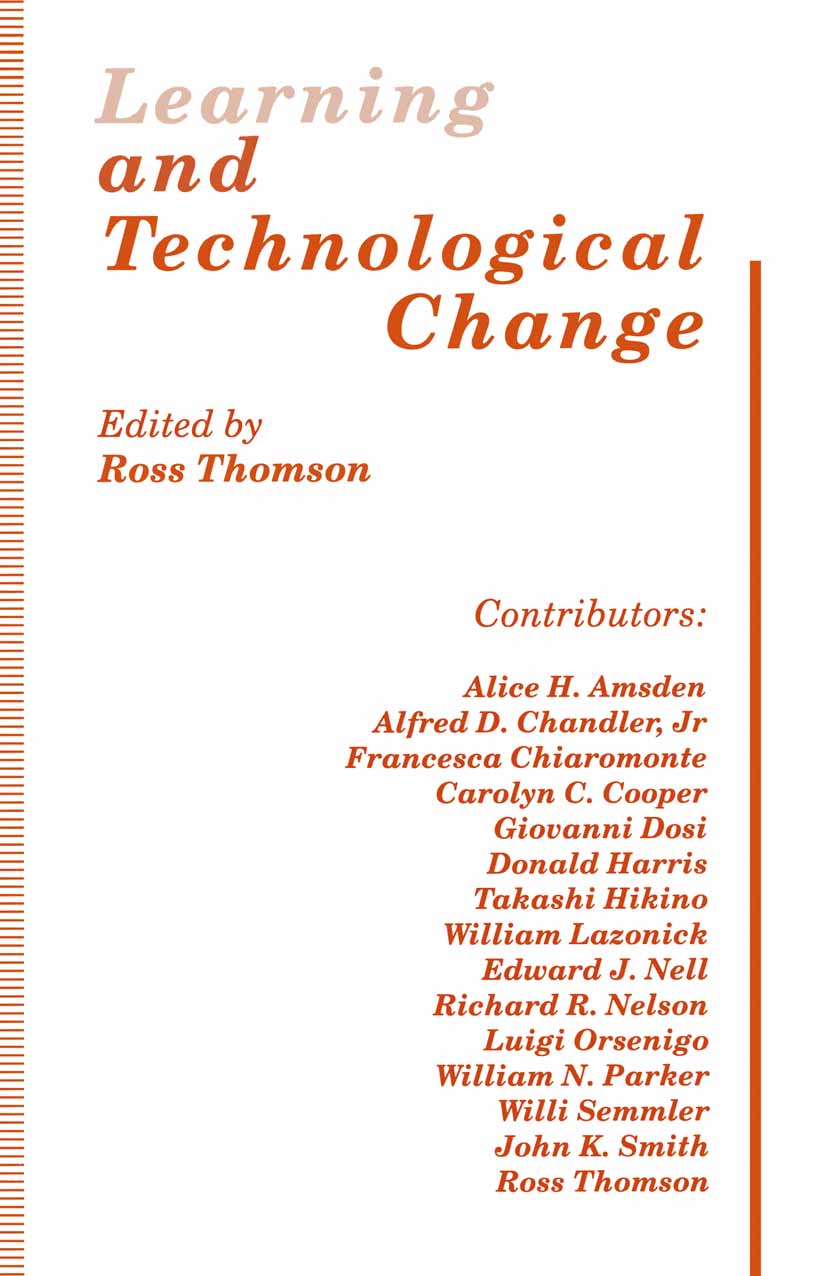Cultural Tourism
by Kornelia Marshall
2020-07-16 02:43:45
Cultural tourism (or culture tourism) is the subset of tourism concerned with a country or region's culture, specifically the lifestyle of the people in those geographical areas, the history of those people, their art, architecture, religio...
Read more
Cultural tourism (or culture tourism) is the subset of tourism concerned with a country or region's culture, specifically the lifestyle of the people in those geographical areas, the history of those people, their art, architecture, religion(s), and other elements that helped shape their way of life. Cultural tourism includes tourism in urban areas, particularly historic or large cities and their cultural facilities such as museums and theatres. It can also include tourism in rural areas showcasing the traditions of indigenous cultural communities (i.e. festivals, rituals), and their values and lifestyle, as well as niches like industrial tourism and creative tourism. It is generally agreed that cultural tourists spend substantially more than standard tourists do. This form of tourism is also becoming generally more popular throughout the world. An important feature of cultural tourism is the assumption that visiting cultural and historical sites and events, related to cultural heritage is not necessarily the main motive for the trip. In this context cultural-historical tourism is rarely implemented in a clean look and most often is combined with other traditional and specialized types of tourism. This substantial feature reveals opportunities to improve the effectiveness of national and regional tourism through the development of cultural-historical tourism - through absorption and integration of cultural-historical resources in the regional tourism product and development on this basis of a regional tourism brand. Cultural tourism is an instrument for economic development that achieves economic growth by attracting visitors outside the community-host who are motivated generally or partially by an interest in the historical, artistic, scientific or related to lifestyle and traditions reality and facts of a community, region, group or institution. Such a travel is focused on the feeling of the cultural environment, including landscapes, visual and performing arts, lifestyles, values, traditions and events. The aim of this book, Cultural Tourism, is to systematically present the role and positions of cultural tourism, as one of modern tourism industry’s most dynamically developing branch, in today’s global tourism market both from the theoretical and the practical point of view.
Less































